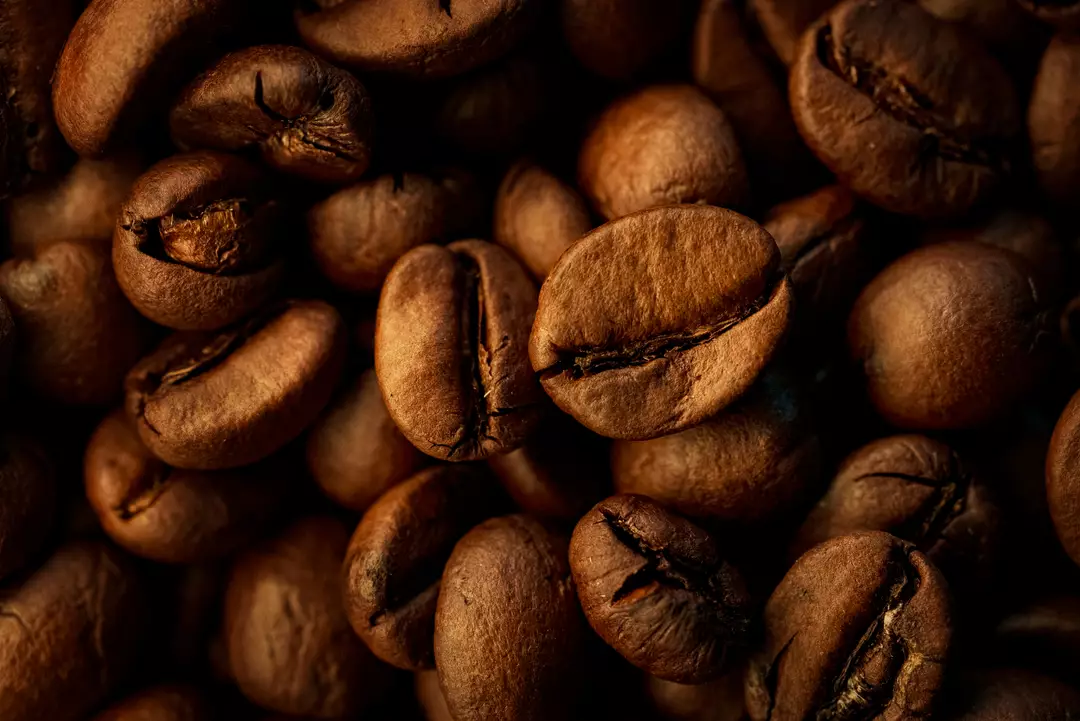Scientists suggest that consuming a specific amount of coffee might help mitigate the signs of aging.
Coffee is the drink many rely on to transition from the grogginess of waking up to a state of alertness as the day begins. For those who aren’t early risers, the process of brewing and sipping coffee can make the morning more manageable.
This beloved beverage has been a staple for those who find mornings challenging and historically fueled intellectual debates, commerce, and even some mischief in the coffee houses of 17th and 18th century London.
Recent scientific findings indicate that coffee could potentially slow down the aging process when consumed in a certain quantity.

It’s important to note that coffee is rich in caffeine, and overindulgence can have negative effects on health.
Excessive intake may lead to issues such as anxiety, high blood pressure, insomnia, and a racing heart, along with withdrawal symptoms when reducing consumption.
However, consuming coffee in moderation could potentially aid in slowing down the aging process.
The study examined telomere length, which is a DNA component associated with aging.
Dr. Monica Aas from King’s College London stated, “Telomeres are highly sensitive to both oxidative stress and inflammation, further highlighting how coffee intake could help preserve cellular ageing in a population whose pathophysiology may be predisposing them to an accelerated rate of ageing.”
The research indicates that regular coffee drinkers might appear biologically five years younger compared to non-drinkers.
So, how much coffee is needed to achieve this effect?
To potentially influence telomeres, about three to four cups of coffee per day is suggested.

Yet, it’s crucial to maintain a balance, as exceeding the recommended intake could have adverse effects.
Dr. Aas cautioned, “Consuming more than the daily recommended amount of coffee may also cause cellular damage and [telomere] shortening through the formation of reactive oxygen species.”
This discovery has also intrigued ‘biohacker’ Bryan Johnson, who previously avoided coffee in his quest for longevity.
Johnson’s interest was piqued by a study suggesting that coffee consumption might lower the risk of death, prompting him to reconsider its place in his regimen.

